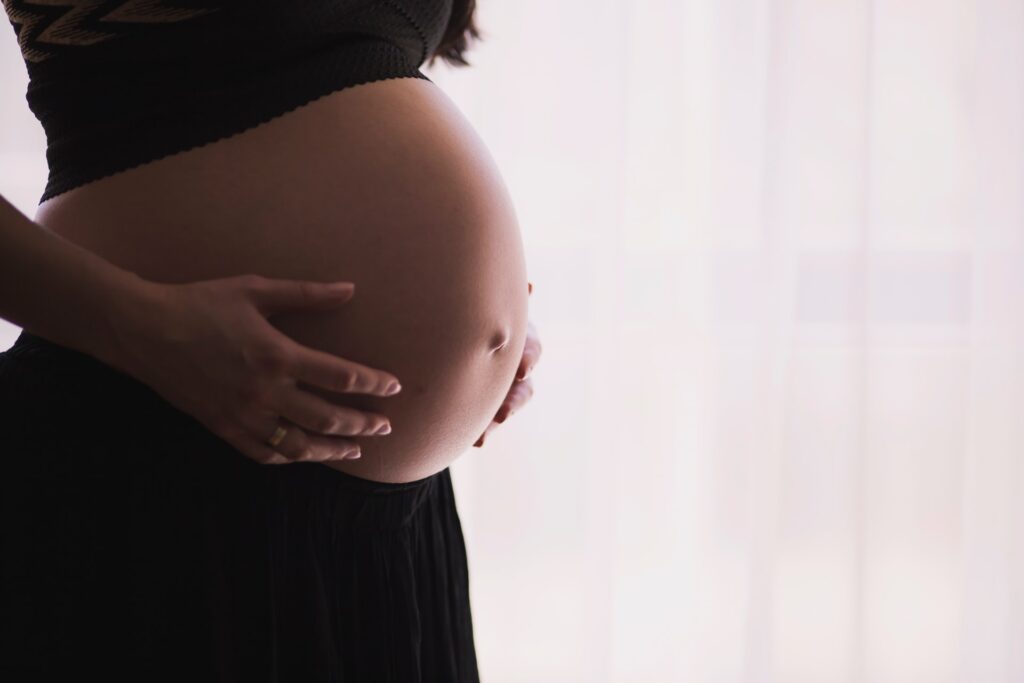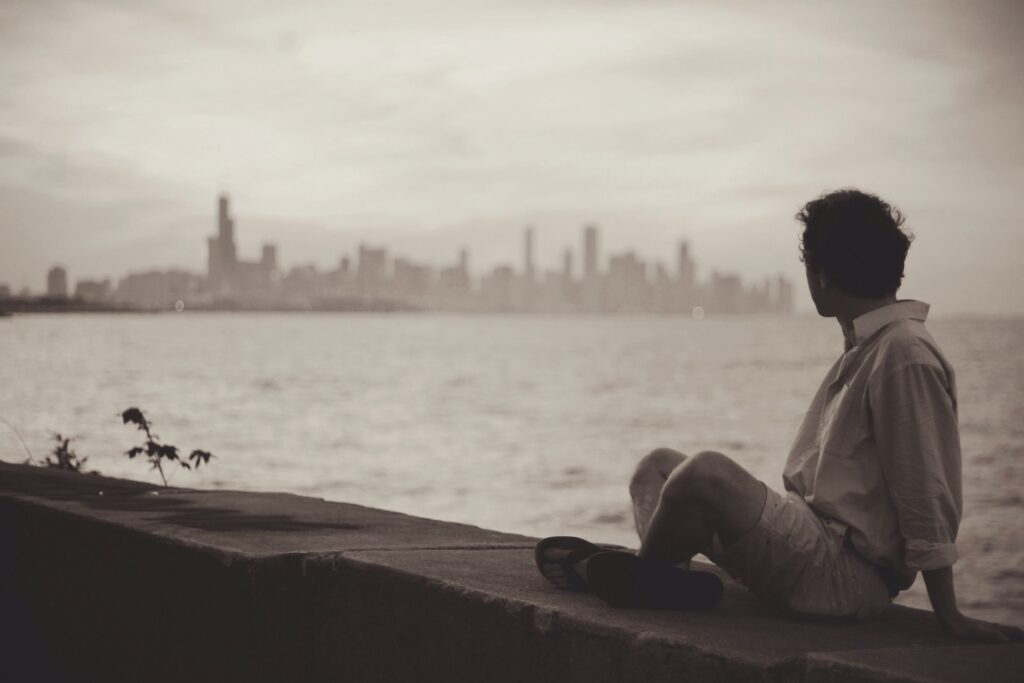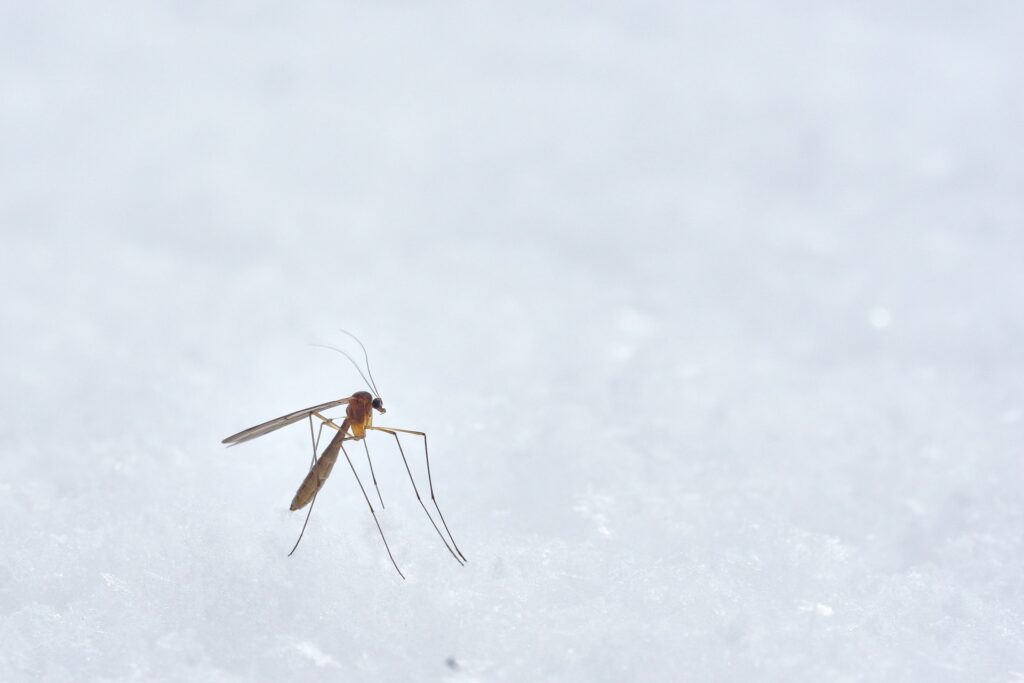Diverticula are small, bulging pouches that can form in the lining of your digestive system. They are found most often in the lower part of the large intestine (colon) when naturally weak places in your colon give way under pressure. Diverticula are common, especially after age 40, and seldom cause problems.
Most of the People with diverticulosis (the condition of having multiple diverticula) usually don’t have outward symptoms. However, these pouches can some time have complication such as:
- Infection and inflammation (Diverticulitis). When this happen it can cause abdominal bloating, pain, and tenderness, typically in the left lower abdomen, plus diarrhea, chills, and a low-grade fever.
- Bleeding -Diverticular bleeding is the most common cause of acute lower gastrointestinal bleeding. It is estimated that 80% of these cases are self-limiting and require no specific therapy besides monitoring.
Several factors may increase your risk of developing diverticula:
- Aging.
- Obesity.
- Smoking.
- Lack of exercise. .
- Diet high in animal fat and low in fiber.
To help prevent diverticula:
- Exercise regularly. Exercise promotes normal bowel function and reduces pressure inside your colon. Try to exercise at least 30 minutes on most days.
- Eat more fiber. High-fiber foods, such as fresh fruits and vegetables and whole grains, soften waste material and help it pass more quickly through your colon. This reduces pressure inside your digestive tract. However, it isn’t clear whether a high-fiber diet decreases the risk of diverticulitis. Eating seeds and nuts isn’t associated with developing diverticulitis.
- Drink plenty of fluids. Fiber works by absorbing water and increasing the soft, bulky waste in your colon. But if you don’t drink enough liquid to replace what’s absorbed, fiber can be constipating.
Diverticula are small, bulging pouches that can form in the lining of your digestive system. They are found most often in the lower part of the large intestine (colon) when naturally weak places in your colon give way under pressure. Diverticula are common, especially after age 40, and seldom cause problems.
Most of the People with diverticulosis (the condition of having multiple diverticula) usually don’t have outward symptoms. However, these pouches can some time have complication such as:
- Infection and inflammation (Diverticulitis). When this happen it can cause abdominal bloating, pain, and tenderness, typically in the left lower abdomen, plus diarrhea, chills, and a low-grade fever.
- Bleeding -Diverticular bleeding is the most common cause of acute lower gastrointestinal bleeding. It is estimated that 80% of these cases are self-limiting and require no specific therapy besides monitoring.
Several factors may increase your risk of developing diverticula:
- Aging.
- Obesity.
- Smoking.
- Lack of exercise. .
- Diet high in animal fat and low in fiber.
To help prevent diverticula:
- Exercise regularly. Exercise promotes normal bowel function and reduces pressure inside your colon. Try to exercise at least 30 minutes on most days.
- Eat more fiber. High-fiber foods, such as fresh fruits and vegetables and whole grains, soften waste material and help it pass more quickly through your colon. This reduces pressure inside your digestive tract. However, it isn’t clear whether a high-fiber diet decreases the risk of diverticulitis. Eating seeds and nuts isn’t associated with developing diverticulitis.
- Drink plenty of fluids. Fiber works by absorbing water and increasing the soft, bulky waste in your colon. But if you don’t drink enough liquid to replace what’s absorbed, fiber can be constipating.



